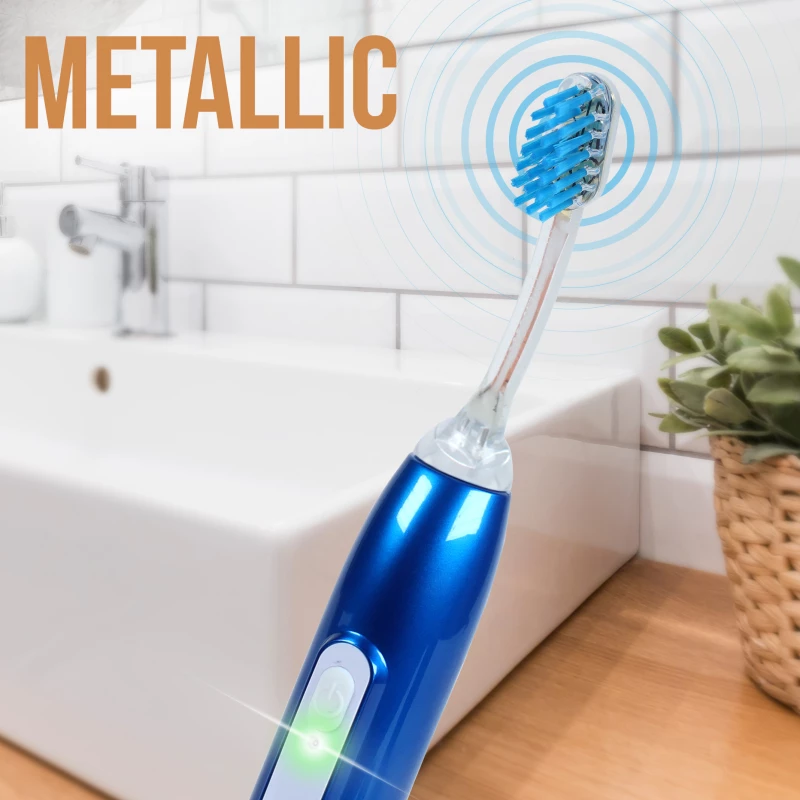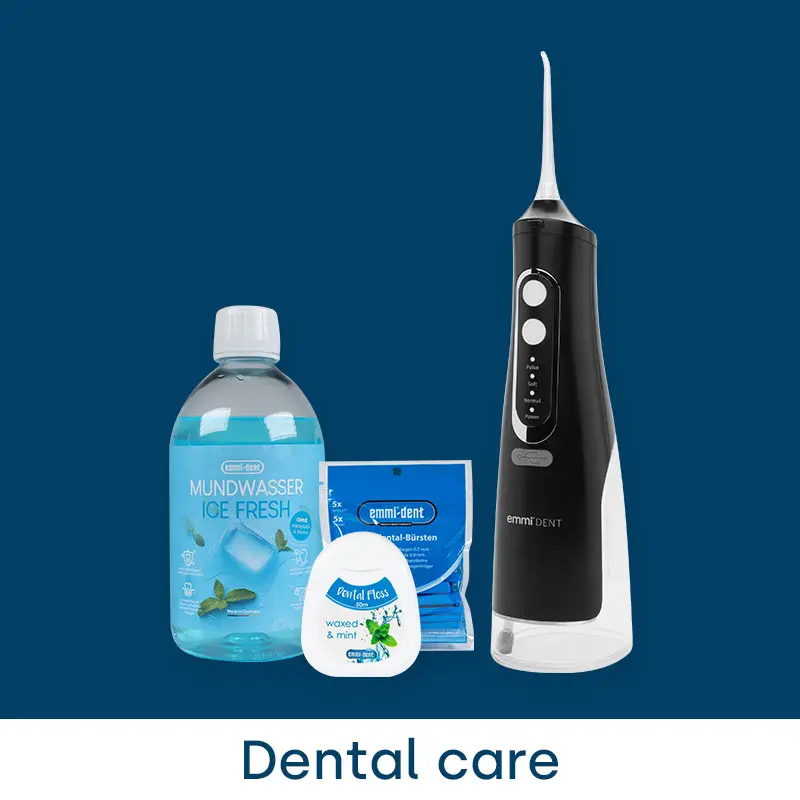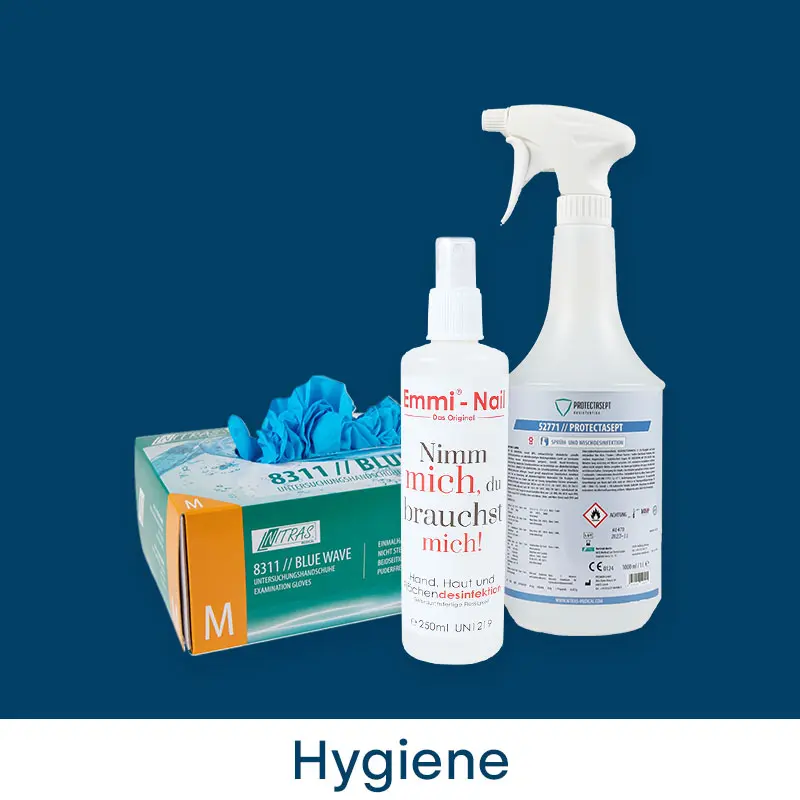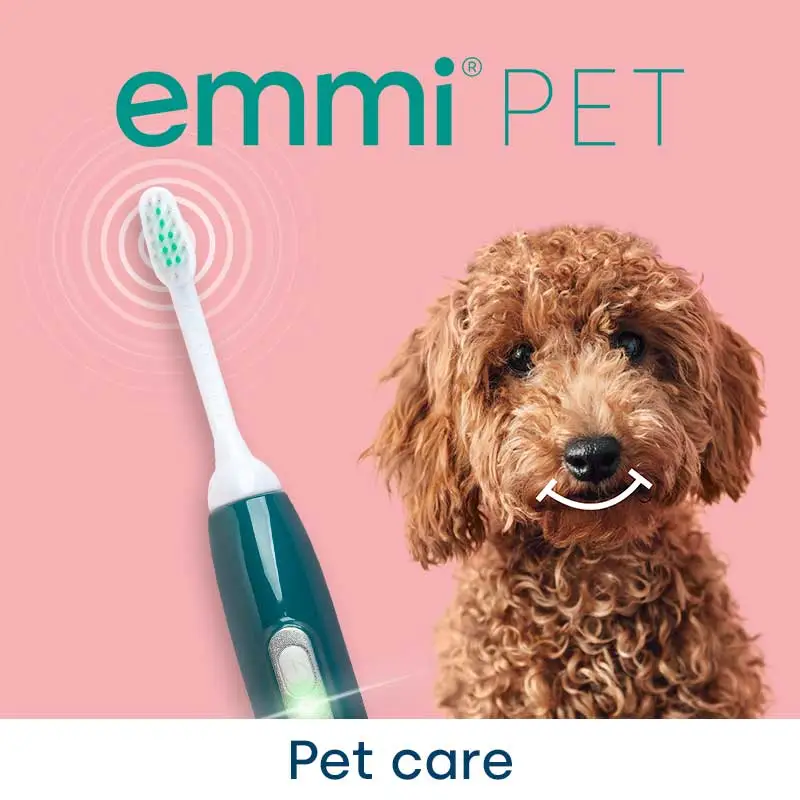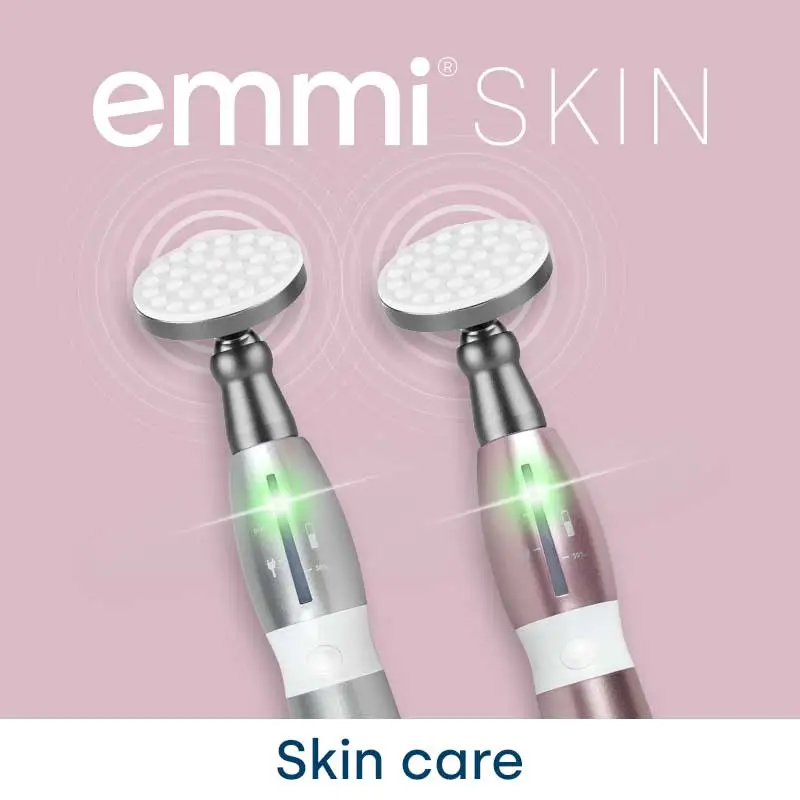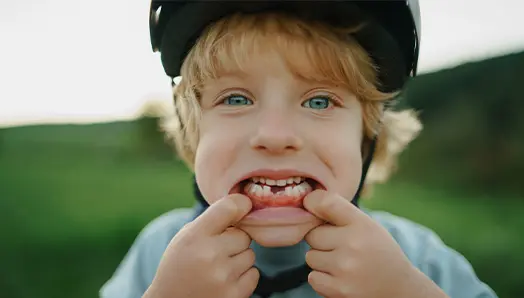
Today's blog post is all about a topic that sooner or later comes up in every family: milk teeth. These little white pearls are more than just temporary placeholders, as they play a crucial role in the development of your child and their permanent teeth. For this reason, let's delve into the world of milk teeth together today and find out how you can best support your child in caring for and cleaning their milk teeth.
What are milk teeth anyway?
Milk teeth, also known as your child's first teeth, are a fascinating and important part of a child's development. The process of tooth eruption usually begins at around six months of age, but can also start a little earlier or later. This is a completely natural process and varies from child to child.
In total, a child will have 20 milk teeth, which appear in a specific order. The first teeth that normally erupt are the lower central incisors, followed by the upper central incisors. This is followed by
- the lateral incisors,
- the first molars,
- the canines and finally
- the second molar teeth.
This process of tooth eruption usually takes several years and is usually completed by the age of around three years.
So why are they so important?
Although milk teeth are temporary and eventually fall out to make way for permanent teeth, they play a hugely important role in your child's healthy development. These small but important teeth have a variety of functions that go far beyond simply chewing and eating.
First of all Milk teeth are crucial for the development of your child's chewing and biting ability.
They make it possible to grind solid food, which is essential for a balanced diet and the absorption of all necessary nutrients. A healthy set of milk teeth therefore promotes good digestion and supports your child's general well-being.
Another important aspect of milk teeth is their role in speech development. The correct articulation of many sounds depends on the position and health of the teeth. Milk teeth act as a kind of guide for the tongue, enabling the formation of specific sounds and thus contributing to clear and distinct pronunciation. Early problems with milk teeth can lead to speech difficulties, which emphasises the importance of caring for them.
Milk teeth also have a significant influence on the moulding of your child's facial features. They contribute to the development of the jaw and facial structure by providing space for the growing bone structures. Healthy primary teeth support harmonious facial growth and therefore influence your child's future appearance.
Primary teeth also play a critical role in the development and positioning of permanent teeth. They act as placeholders and guide the permanent teeth into their correct position. If deciduous teeth are lost too early or are in poor condition, this can lead to misalignment and space problems for the permanent teeth that follow. It is therefore crucial to preserve and care for deciduous teeth until they fall out naturally.
Taking care of milk teeth
Caring for your child's milk teeth actually starts even before the first tooth becomes visible. It may sound surprising, but oral hygiene is important even without teeth. You can start early to promote your baby's oral health by caring for the gums. This can be done by gently massaging the gum areas with a
- clean, damp cloth or
- a special baby toothbrush
This routine not only helps to keep the gums healthy, but can also have a calming effect, especially during the teething phase when your baby may experience discomfort or pain.
As soon as the first baby tooth erupts, which typically happens around six months of age, it's time to start an oral hygiene routine specifically designed for children. Use a soft infant toothbrush that is small enough to fit comfortably in your baby's mouth and gently clean the sensitive new teeth. The bristles should be soft so as not to irritate sensitive gums.
It is recommended to use a children's toothpaste containing fluoride, but in very small amounts. Fluoride is important to strengthen tooth enamel and prevent tooth decay, but care should be taken with young children not to use too much toothpaste as they often swallow it. A pea-sized amount is sufficient.
When to visit the dentist for the first time?
It's a good idea to take your child to the dentist as soon as their first tooth appears, but no later than their first birthday. Early visits to the dentist help to recognise potential problems at an early stage and get your child used to regular dental check-ups.
Dealing with tooth change
The change of teeth typically begins at the age of six and can last until the age of twelve. It is important that you support and encourage your child to continue practising good oral hygiene during this time. Some children find changing teeth uncomfortable or scary, so it's important to be understanding and supportive.
Dentists recommend brushing your teeth twice a day, ideally in the morning after breakfast and in the evening before going to bed. Brushing your teeth in the evening is particularly important in order to remove food residues and plaque that have accumulated during the day and thus provide protection against tooth decay throughout the night.
It's also a great opportunity to teach your child the importance of oral hygiene. By establishing tooth brushing as part of the daily routine, you will help your child develop healthy habits that will last a lifetime. A playful approach can be helpful in making brushing more interesting and enjoyable for your child.

